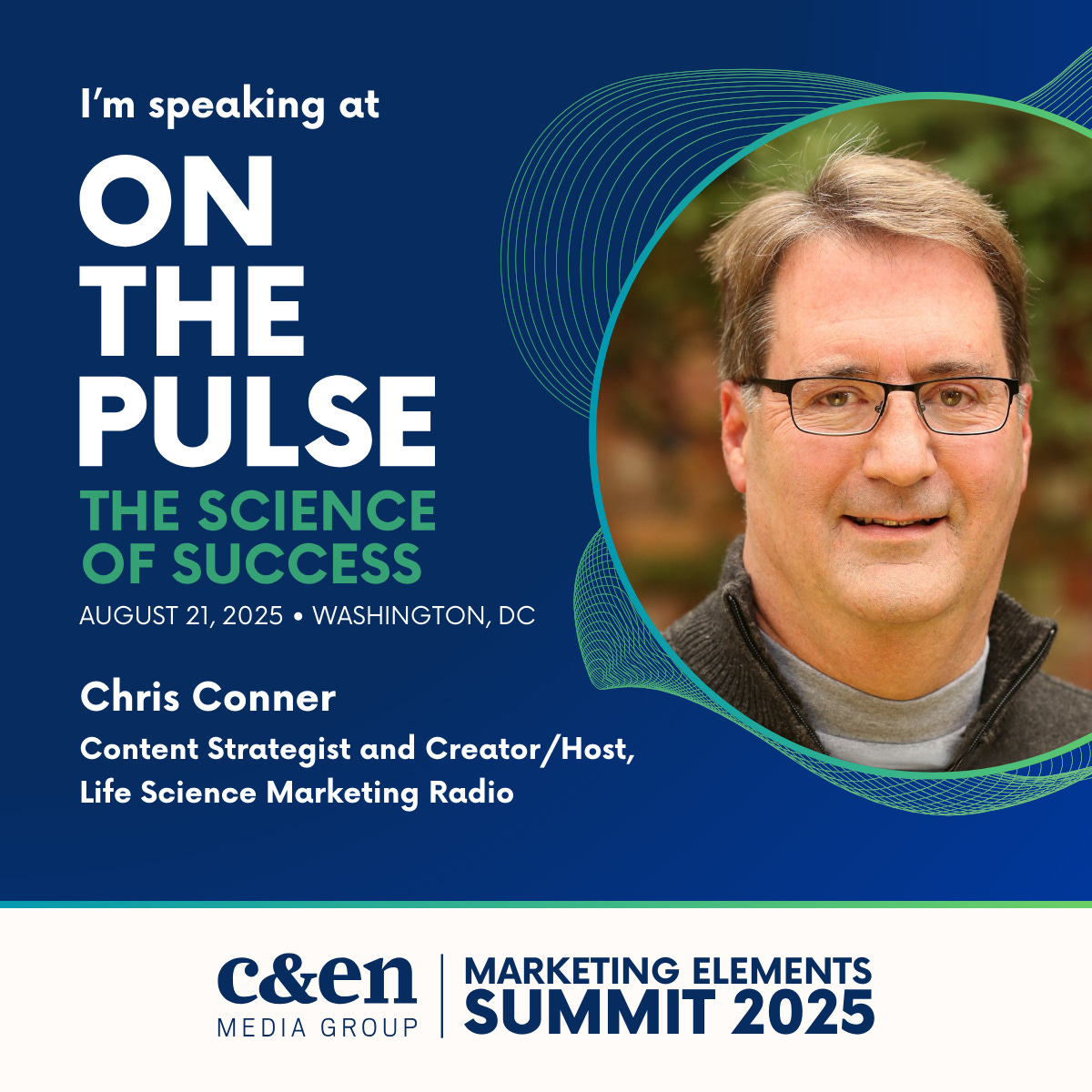Recently, I’ve enjoyed interviewing people I have never spoken to before. Harrison Waid, the co-founder of Succession, is one of those. Shout out to Teddy Lin for connecting us. I took this as an opportunity to learn about Harrison and his business as well as a personal challenge to interview someone “cold”. OK, I did some research, so maybe “room temperature”.
First of course, I needed him to explain Succession, co-founded with Nick Clare (who I hope to have on another time). They noticed life science companies struggling to translate great technology into successful market entry and sales growth. Succession was founded to address this, offering specialized services exclusively for life science sales teams – everything from lead generation and sales training to recruitment and optimizing internal systems like CRMs with automation and AI. Harrison called it a "vertical service company" for life science sales.
The idea for it wasn't a sudden flash of insight but more of a "slow burn." While at Synthego and after moving to the UK, he initially thought about general consulting. He quickly found that clients wanted concrete outcomes, not just advice. The real traction came when they packaged their expertise into specific, deliverable-focused services – that’s when things really took off.
I’m always interested in people who come from other backgrounds outside of life science. He made his start was in software sales. A friend brought him into Synthego, a CRISPR company, initially for consulting. At that point, his knowledge of biology was that "the mitochondria is the powerhouse of the cell." But he was excited by the potential of the technology. He immersed himself in learning the science and business of biotech, leveraging online resources and learning from his colleagues. Once again, curiosity = superpower! Asking "dumb questions" is an underrated skill. Those outside perspectives can challenge assumptions and benefit both the business and the individual willing to learn.
I'd prepped some questions, but the morning of our interview, I stumbled upon a recent LinkedIn post Harrison made contrasting "old" and "new" ways in biotech sales. I saw some insightful comments from people we both respect, like Owen Swift. I knew this would be worth digging into.
Harrison framed the "new way" around leveraging technology to move beyond inefficient models like (old way) simply scaling headcount. I picked a few points from his post for discussion:
Small, High-Output Teams + RevOps/Content/Automation: He explained how technology now allows high-performing reps to be supported by robust systems (managed by Revenue Operations) that automate much of the prospecting and research previously done by separate inside sales roles. This frees up skilled sellers to focus on closing.
AI for Intent & Sequencing: We discussed how AI can go beyond basic alerts to analyze market signals, identify key opportunities, score leads, and even assist with outreach, providing reps with powerful, timely intelligence.
Content & Personal Brand for Demand Gen: I strongly agree with this one. There is a compelling case for reps building their personal brands on platforms like LinkedIn. He argued, quite correctly in my view, that authentic content from individuals resonates far more than corporate posts and that companies restricting this are missing a huge opportunity.
Video Outreach: I shared my own recent positive experience with video messaging, having secured a meeting from one just last week. Harrison pointed out how video cuts through the noise, humanizes interactions, and is effective for both prospecting and follow-ups. We agreed authenticity is more important than perfection.
The Best Reps Get the Best Opportunities: This one may be controversial, as it goes against the idea of pure "fairness" in lead distribution. He would argue that for maximizing company revenue, it makes sense to give the highest potential leads to the reps most likely to convert them. He acknowledged territory assignments are inherently unfair anyway and suggested lower performers could develop on less critical leads. This leads to discussions about efficiency, long-term strategy, and even healthy team turnover.
Compensation plans inevitably drive behavior and can always be gamed, so no system is perfect. It comes down to your goal and again, long-term strategy. As someone who hasn’t formally been in sales, I can see the attraction to developing skills on low risk opportunities.
If these ideas got you thinking, you might check out the SalesDNA Podcast, Hosted by Harrison and Nick.
These cold conversations have been a blast and educational for me beyond the content. I have more lined up. If you aren’t subscribed, now might be a good time…
Your deepest insights are your best branding. I’d love to help you share them. Chat with me about custom content for your life science brand. Or visit my website.
BTW, I hope you’ll consider joining me here:















Share this post